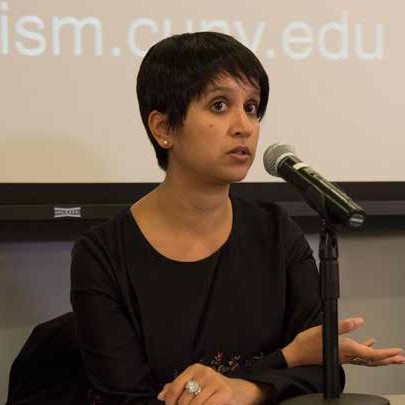
NEW YORK (TIP): As a security alert kept millions on edge throughout the Muslim world, suspected U.S. drone attacks in Yemen killed 12 alleged militants Thursday, August 8, and Saudi security forces arrested two foreign men they say were plotting suicide attacks in the region, a Los Angeles Times report says.
The drone strikes and the arrests in Saudi Arabia of a Yemeni and a Chadian — reported to have issued “messages of incitement and hatred” through social media — reflected the intense vigilance pervading police and military forces across the Middle East, Africa and South Asia at the end of the Muslim holy month of Ramadan. The three drone strikes in Yemen brought the total since July 27 to eight and the death toll to 34.
The stepped-up pace of targeted killings may be thinning the ranks of Al Qaeda-aligned extremists, but it has also intensified anger among Yemeni citizens who consider the aerial bombardments a violation of their sovereignty and a reckless practice that at times kills innocents. The latest drone strikes were reported by the Yemen Post, among other media, which took note of the growing public alarm over the rockets fired from unmanned aircraft. Yemeni authorities tolerate the strikes as they work with U.S.
special forces to drive out Al Qaeda-affiliated militants who took refuge in the mountainous hinterlands two years ago, when the country was racked by widespread protests against then-President Ali Abdullah Saleh. The autocrat who ruled for more than 30 years was forced out early last year and replaced by Abed Rabbo Mansour Hadi, who has collaborated with U.S. forces in a campaign to eradicate the strongholds where terrorists train and plot attacks on Western targets.
Counter-terrorism efforts have been directed at Yemen in recent days because of intercepted militant “chatter” that suggested terrorist attacks were being plotted between the head of the global Al Qaeda network, Ayman Zawahiri, who is believed to be in Pakistan, and its Yemeni affiliate, Al Qaeda in the Arabian Peninsula. Intelligence sources have said that Zawahiri has deputized AQAP leader Nasser Wuhayshi to carry out plots against U.S. and Western citizens and interests in connection with Wednesday’s end of the Muslim holy month of Ramadan and the Eid al-Fitr holiday.
The U.S. State Department issued a worldwide terror alert Friday and closed more than 20 embassies and consulates in the Muslim world to protect its staff in the event of an attack. American diplomats based in Yemen’s capital, Sana, were evacuated from the country Monday, as were British and French nationals. Yemeni security officials reported Wednesday that they had foiled an Al Qaeda plot to seize two port cities on the Gulf of Aden and blow up pipelines and other vital oil infrastructure.
Few details were disclosed by authorities, and the claimed thwarting of the attack did little to ease fears of impending violence in the region. On Thursday, the Saudi Press Agency reported the arrest of two men it said had “recruited themselves” and discussed via social media plans to launch suicide operations. Neither the nature nor the targets of the alleged plot were disclosed.
In addition to the religious holiday, this week marks the 15th anniversary of the Aug. 7, 1998, synchronized bombings of U.S. embassies in Kenya and Tanzania, which killed 223 people and wounded more than 4,000. The attacks were the first major demonstration of Al Qaeda’s ability to carry out coordinated operations on multiple targets, a hallmark of its strategy that was seen again three years later on Sept. 11, 2001.





Be the first to comment